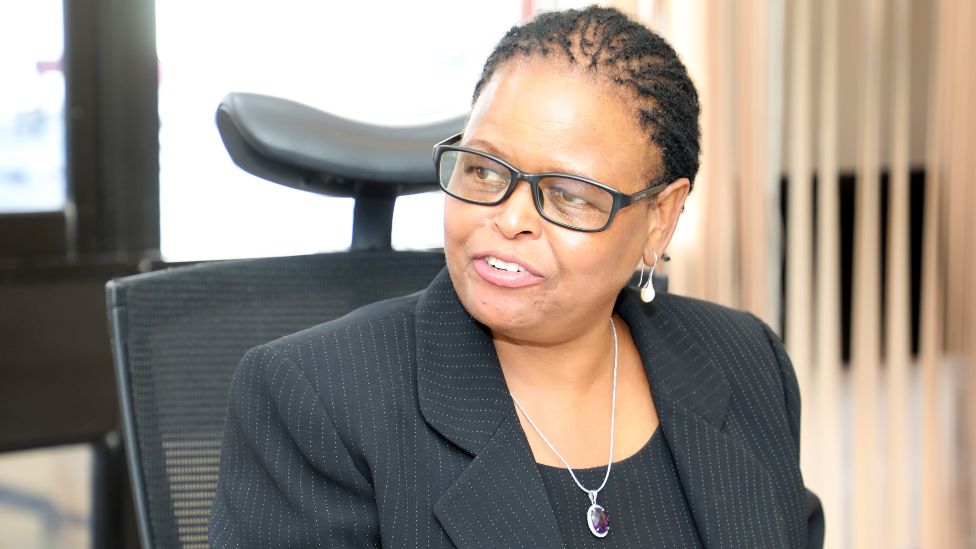Government institutions have joined forces in a renewed effort to tackle corruption, a persistent challenge affecting access to justice in the country.
The initiative was unveiled during the launch of an anti-corruption strategic framework for the justice sector in Nairobi.
Chief Justice Martha Koome emphasized the Judiciary's commitment to combating bribery within the court system, highlighting the issue of individuals posing as intermediaries to solicit bribes under the guise of expediting justice.
“We conducted a thorough assessment within the Judiciary and discovered that there are ‘brokers’ who solicit bribes with the promise of ‘helping’ individuals secure justice," Koome said.
"We have eliminated the existing bottlenecks, and we will establish a call center where Kenyans can report such cases. Additionally, we have set up committees in our courts to address corruption-related issues."
To reinforce the fight against corruption, the Judiciary plans to enhance its capacity through regular training for officers and the introduction of a toll-free line where the public can report bribery cases within the courts.
The Directorate of Public Prosecutions (DPP) is also committed to expediting the handling of economic crimes to ensure convictions and the recovery of stolen assets.
DPP Renson Ingonga underscored the importance of collaboration among government agencies in the fight against corruption.
“We recently secured the conviction of former governors Ferdinand Waititu and Daniel Waithaka, but you will realize that these cases take up to five years. There is a need for all government agencies to develop strategies to expedite the investigation, prosecution, and conviction of corruption cases in the country,” Ingonga said.
The National Treasury assured its support by pledging sufficient funding for institutions tasked with combating corruption.
Treasury Cabinet Secretary John Mbadi acknowledged the economic impact of corruption and reaffirmed the government’s commitment to providing the necessary resources.
“As the national government, we will ensure that the offices of the Controller of Budget, the Auditor General, the EACC, and all those mandated to eliminate corruption in the country are well-funded," Mbadi said.
"The justice sector plays a crucial role in this fight, which is why a collaborative effort is essential. Money laundering and corruption are connected, and they must be tackled together.”
The Ethics and Anti-Corruption Commission (EACC) reiterated its dedication to using preventive measures, asset recovery, and other strategies to curb corruption.
Inspector General of Police Douglas Kanja stressed the need to close gaps that enable corruption within law enforcement.
“We recognize that corruption weakens our ability to combat crime and erodes the public trust necessary for effective policing. As a service, we are committed to upholding the highest standards of professionalism in service delivery,” Kanja said.
Law Society of Kenya President Faith Odhiambo warned that corruption remains a major threat to the constitutional rights of Kenyans.
“Eliminating corruption is crucial for the creation of a just society. It is a major threat to the realization of the Bill of Rights in the country and can deny millions of people access to justice,” Odhiambo said.
With various government agencies aligning their efforts, the justice sector is expected to strengthen its capacity to eliminate corruption and restore public trust in institutions responsible for upholding the rule of law.

